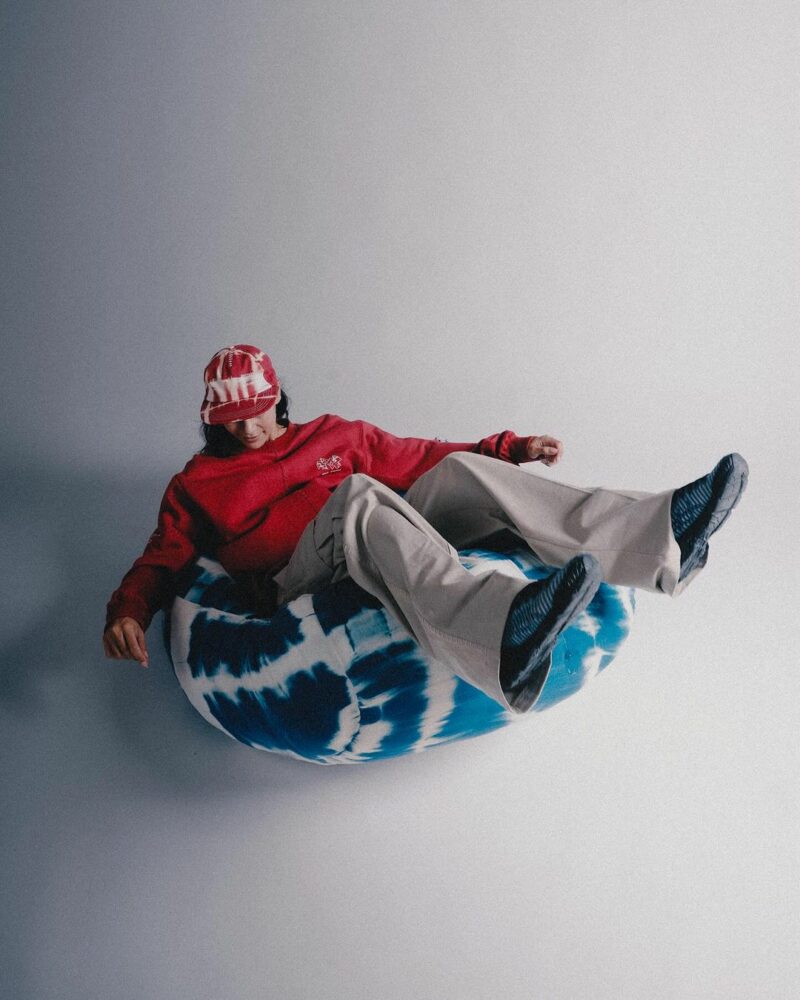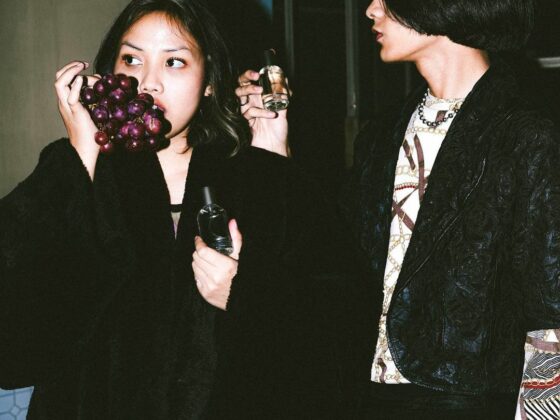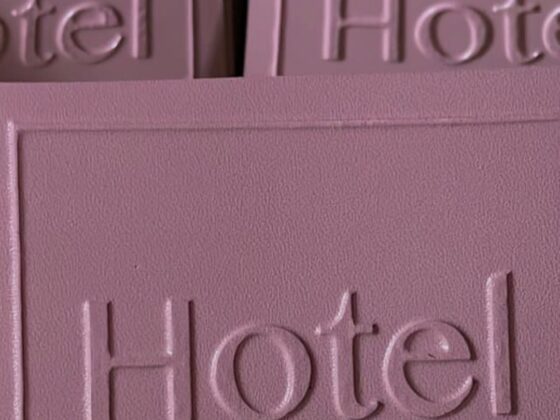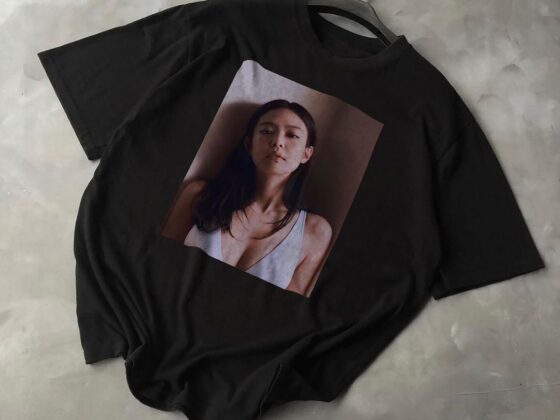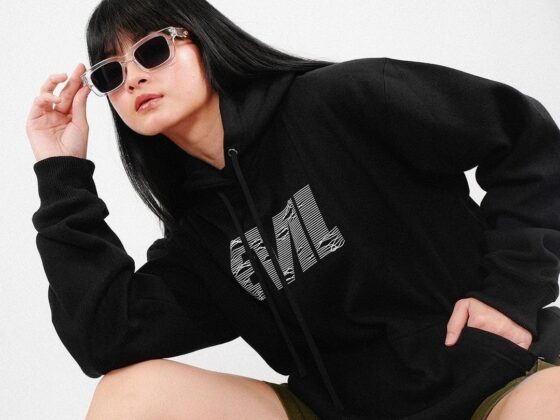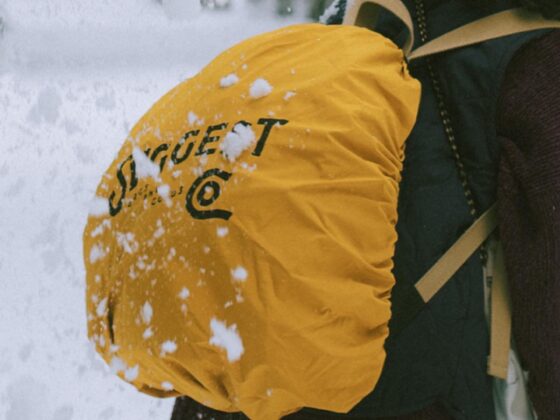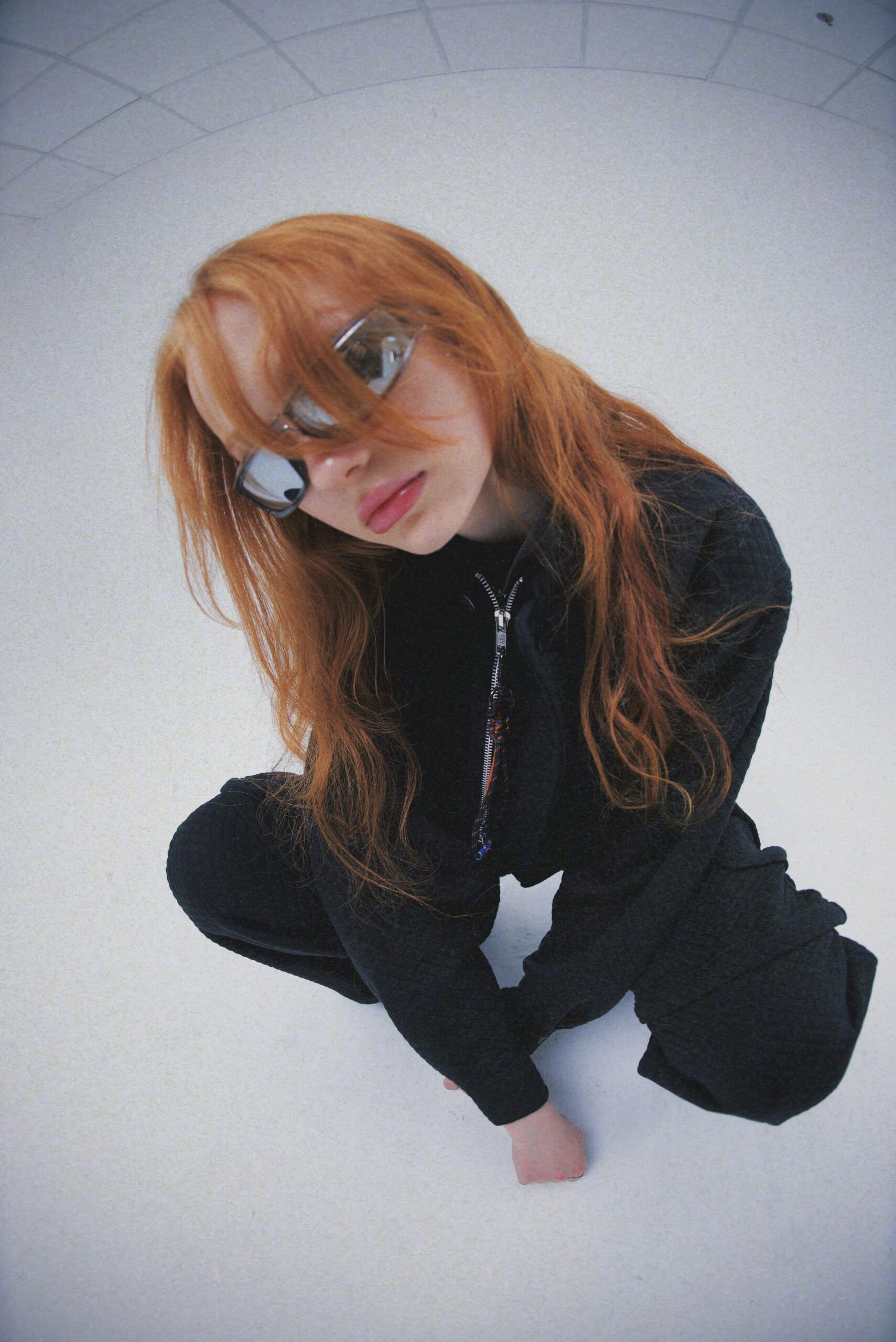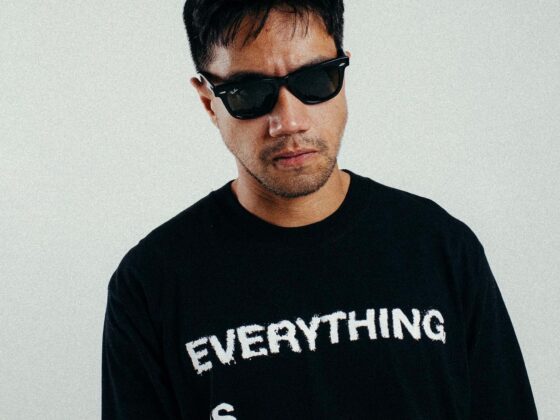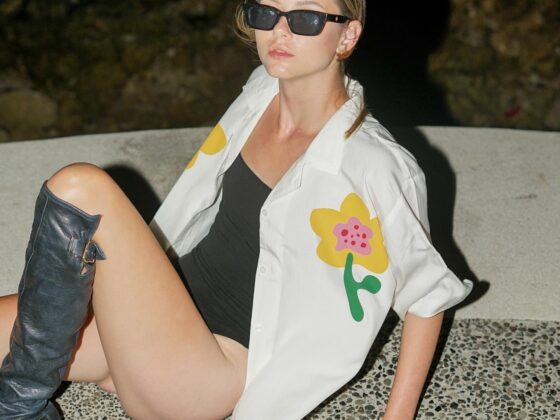In his early 20s, Daniel had already made a name for himself in the fashion industry as the co-founder of LN-CC, a boutique store in the UK. But despite his success, he started to feel a growing sense of disconnection. The fast pace and wastefulness of the industry left him questioning his place in it. So, he decided to make a change and moved to Indonesia, a country rich in natural beauty.
There, he found a new path—both in life and in his career. He launched SPACE AVAILABLE, a platform that offers a creative space for everyone, focused on sustainability and innovative design. Its goal is to encourage people to rethink their consumption habits and explore how creativity can transform waste into useful, functional objects. At its core, SPACE AVAILABLE is about collaborating with talented individuals who share a vision for a more mindful, sustainable future.
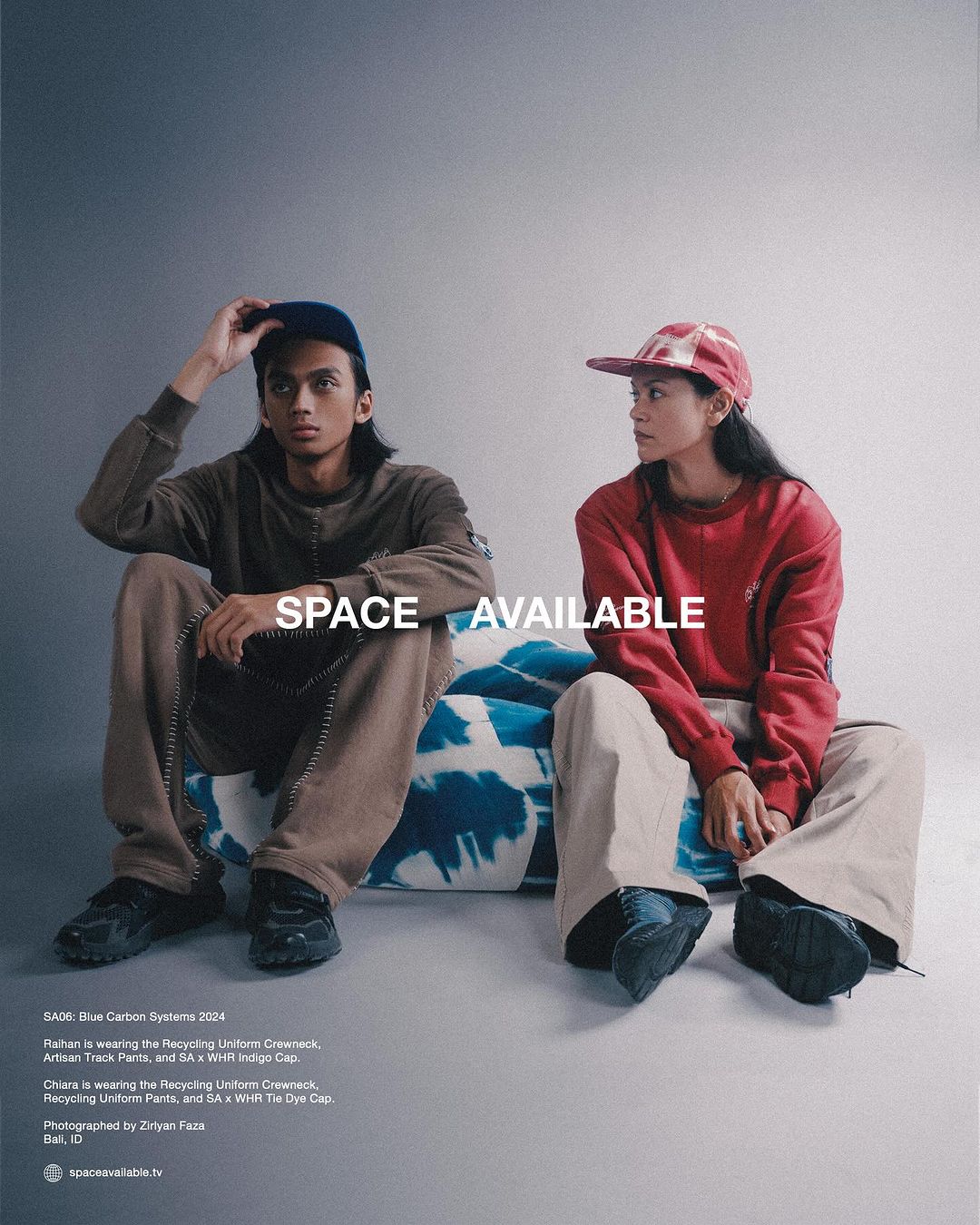
Could you share the story of how Space Available was initially founded and what inspired you to start your own brand?
Daniel: Before moving to Bali, I co-founded LNCC, a fashion store in London. In my early 20s, I experienced success, but I felt disconnected from what I was doing. I realized the fashion industry was causing significant environmental harm. Living in a fast-paced city made me crave a connection with nature, which led me to Bali with my wife and son. I wanted to explore more sustainable practices in fashion.
Upon arriving in Bali, I met Peter Head, the founder of Potato Head, and became the creative director there. We aimed to use Potato Head as a platform for sustainability and zero waste. After seven years, I felt burnt out, and the pandemic offered me the space to reflect on my personal and professional life. This inspired the idea of Space Available, where we could create a platform for sustainability and innovative design.
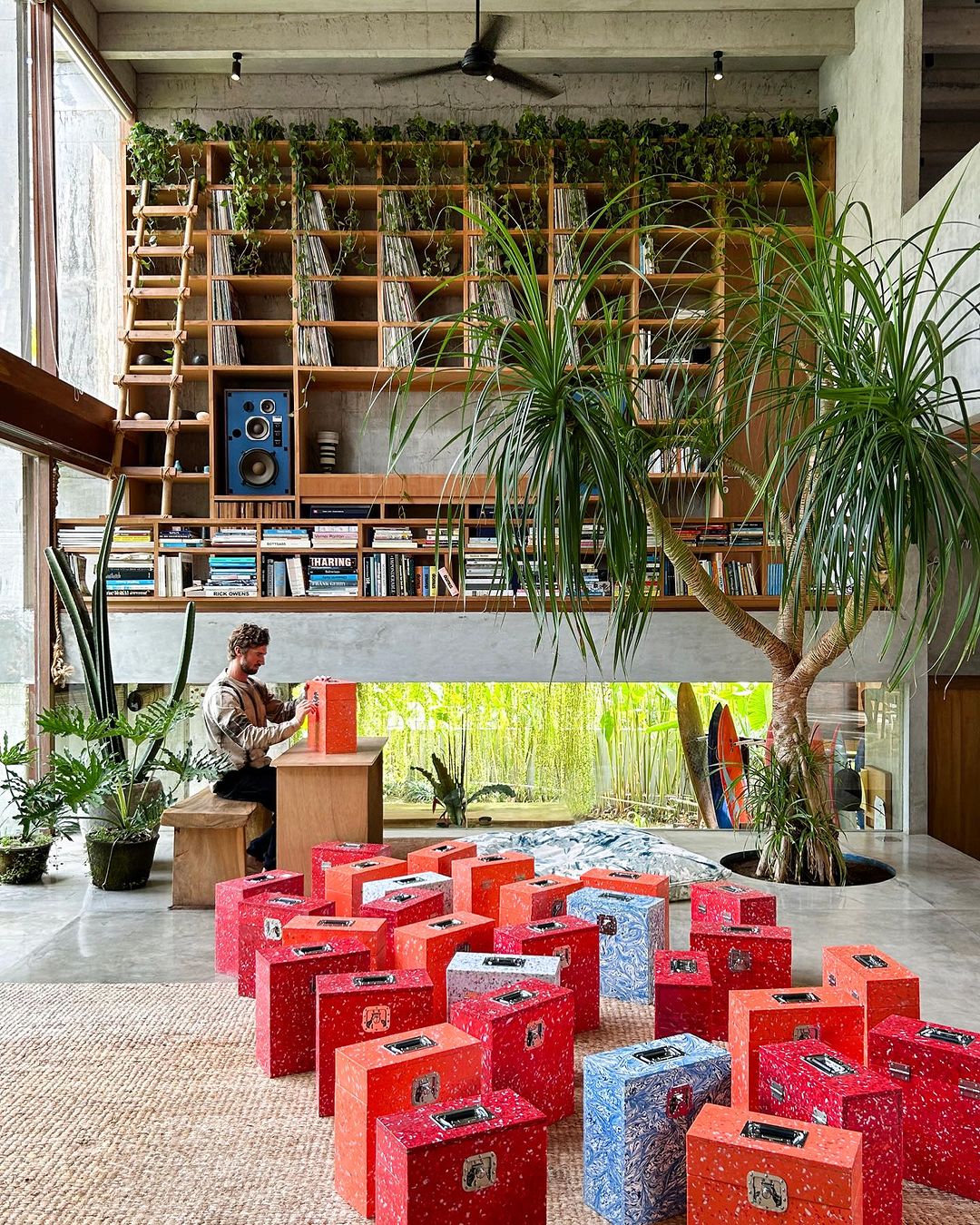
That’s a fascinating journey! How have you incorporated sustainability into your designs beyond what you’ve already mentioned?
Daniel: Sustainability is at the core of our brand. In Bali, the plastic waste crisis is glaringly visible. I wanted to tackle this by transforming waste materials into beautiful objects. We focus on using valuable materials that are often overlooked. Our garments are typically made from upcycled materials and dyed with plant-based dyes. We aim to create a positive relationship with waste, making functional objects that encourage people to reconsider their consumption habits.
Are there any Indonesian brands or artists you would recommend to our readers?
Daniel: Yes, one of our first collaborations was with Nano, a talented weaver. Most of our collaborations are with individual artisans rather than brands, as we find that these unique talents offer incredible craftsmanship and stories that resonate deeply.
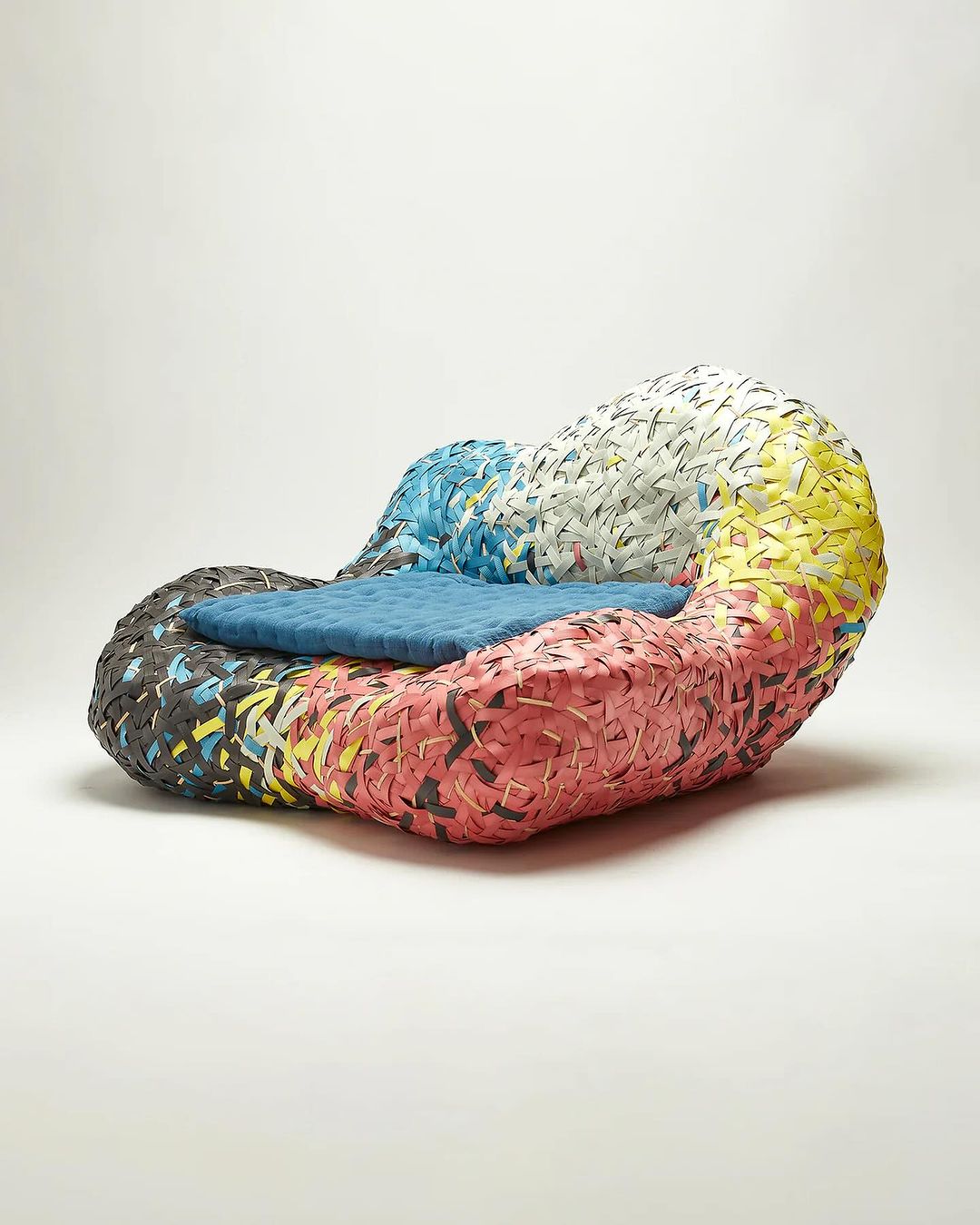
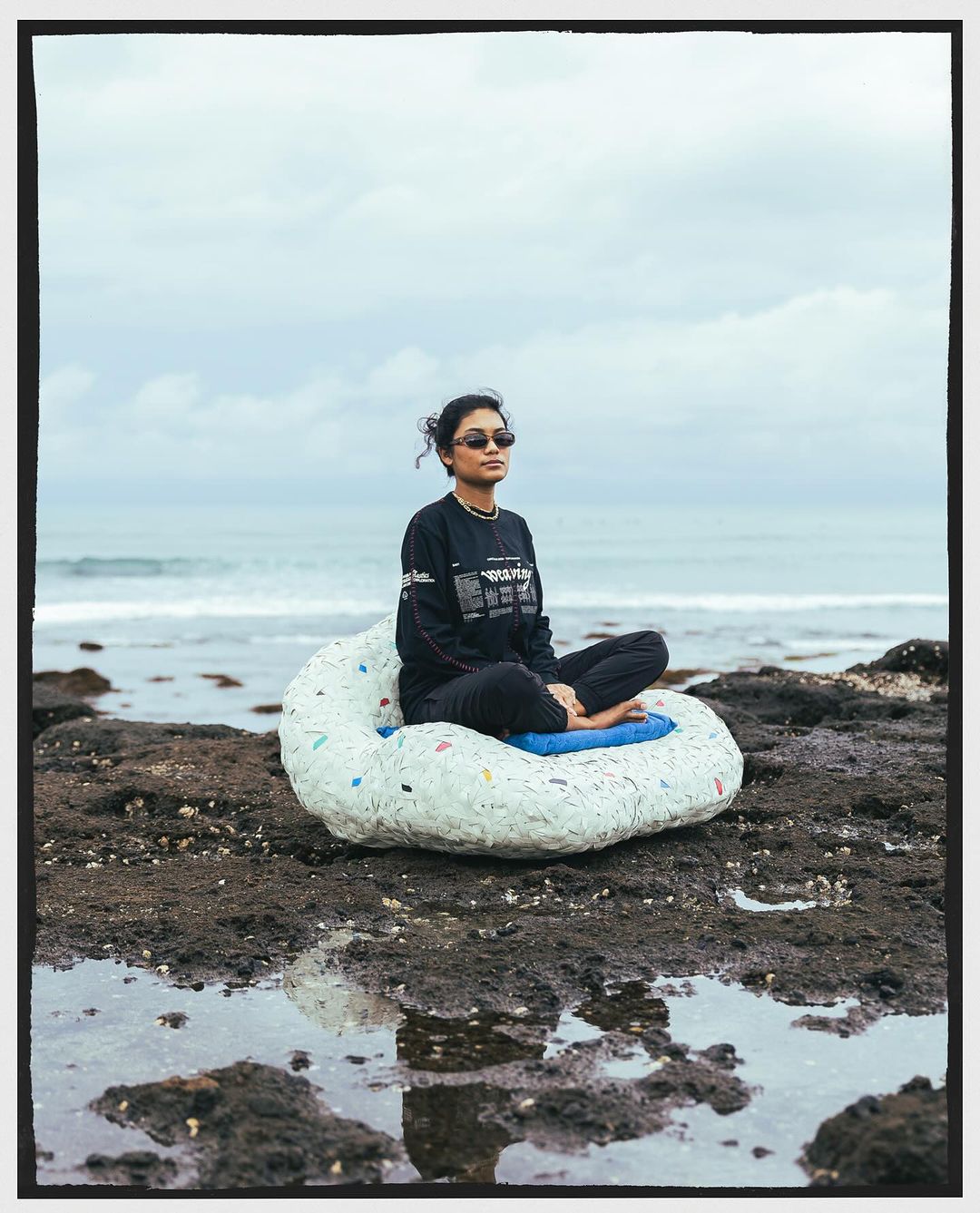
As someone who moved to Indonesia, has local culture influenced your work?
Daniel: Absolutely! Craftsmanship is integral to what we do. Most of our products are handmade by local artisans. For instance, our first product was a meditation chair created in collaboration with a master weaver in Bali. The traditional weaving techniques inspire us, allowing us to tackle environmental challenges while producing functional art that reflects local culture.
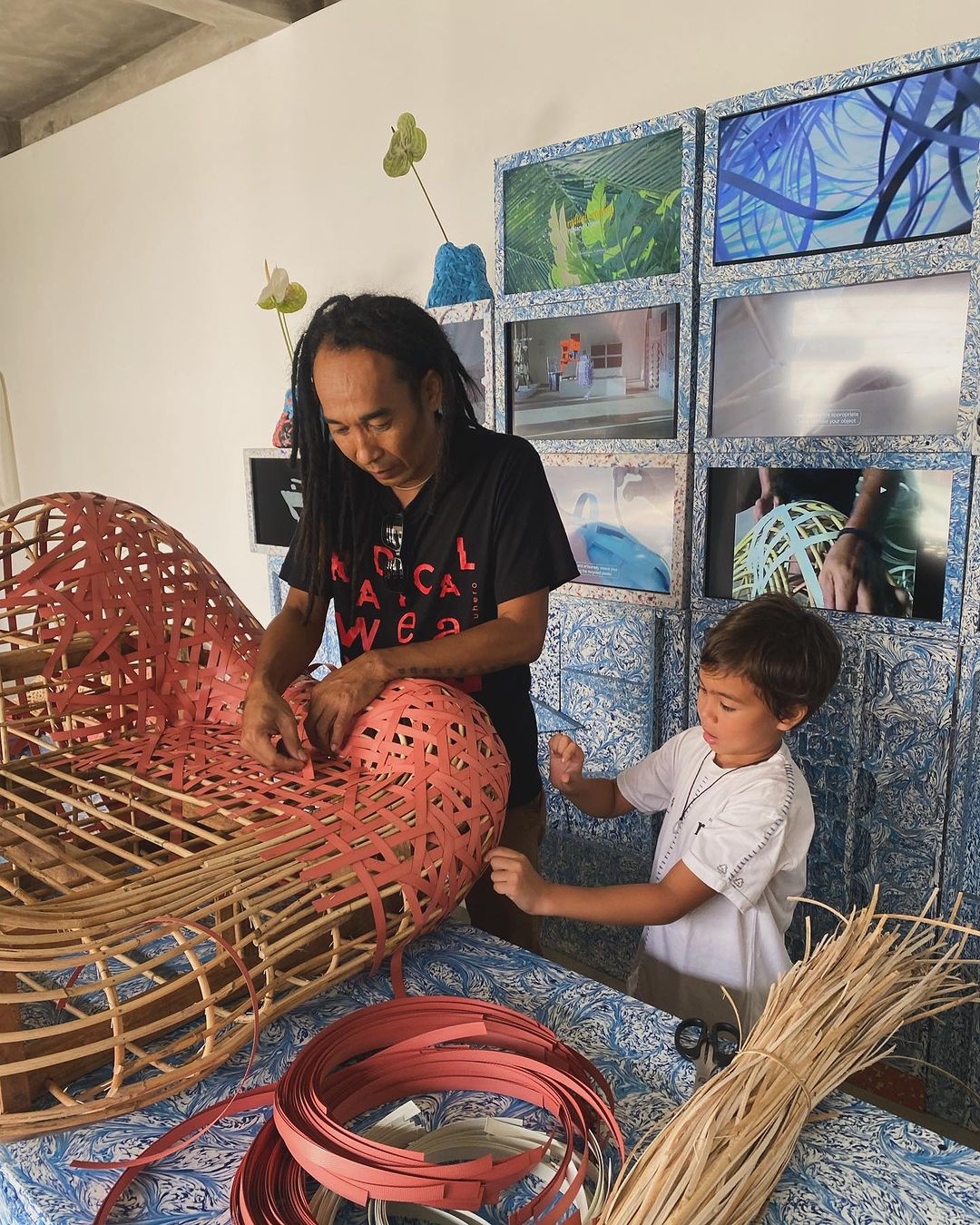
That’s wonderful to hear. Can you tell us about your team? Are they from diverse backgrounds?
Daniel: Our team consists of about 15 members, most of whom are local to Bali or Indonesia. My wife and I founded the company, and I come from the UK. My background influences our global perspective, but since moving to Bali, I’ve embraced local practices and talents. It’s essential for me to elevate local craftsmanship while instilling the knowledge I’ve gained throughout my career in our team.
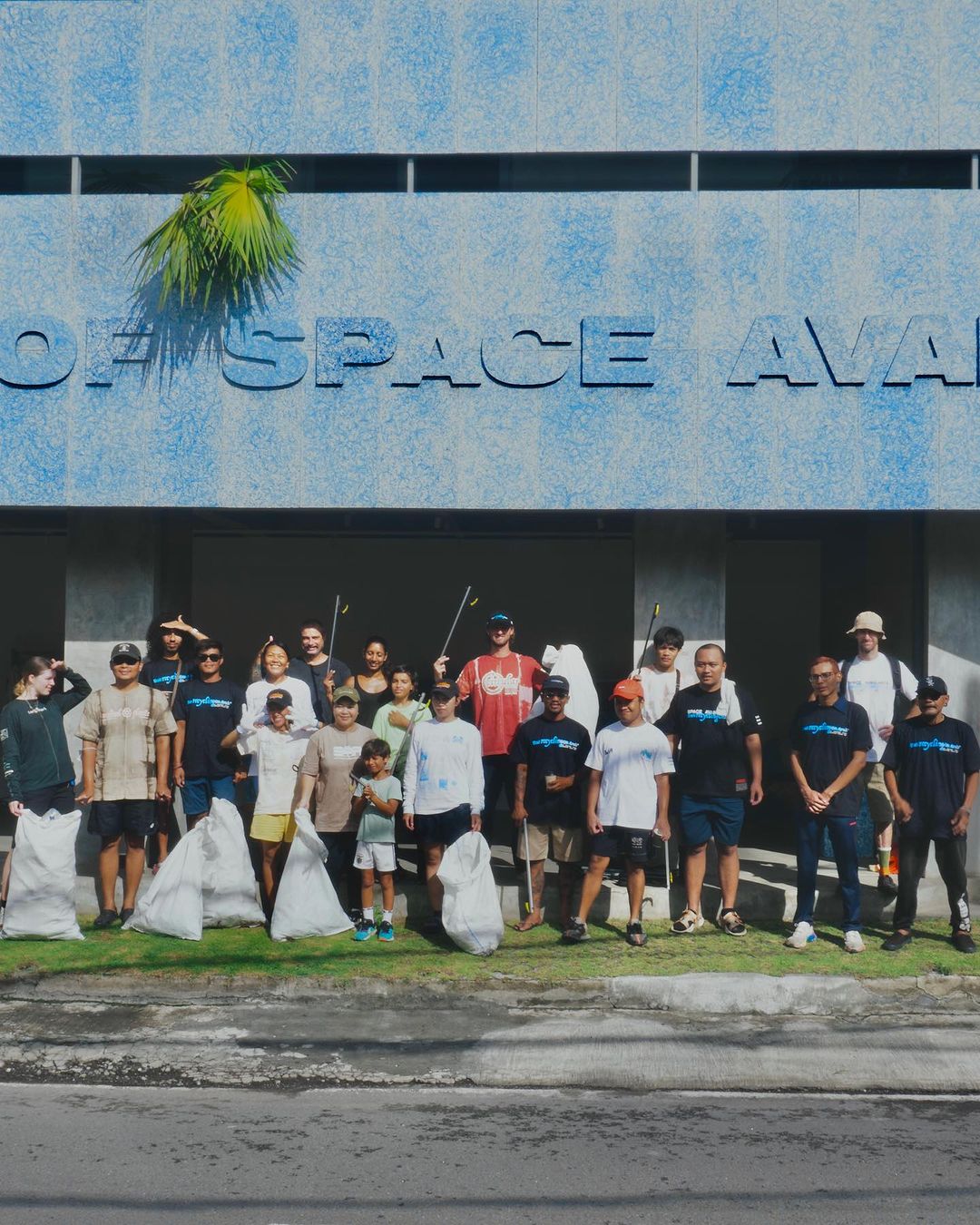
What challenges have you faced while building Space Available?
Daniel: Working with waste materials presents significant challenges. It’s difficult to scale and maintain consistency, which can be frustrating, especially in the beginning. Our focus on high-quality design meant that we had to experiment extensively to find our rhythm. Over time, we’ve been able to create refined products from waste materials that look beautiful and serve a purpose.
How do you balance sustainability with the business side of your brand, especially considering some sustainable brands struggle financially?
Daniel: Balancing sustainability with business is indeed challenging. Since our approach isn’t easily scalable, we focus on offering services to larger brands interested in learning about sustainability. This educational aspect allows us to maintain financial stability while staying true to our mission. Combining product creation with educational services has helped us maintain balance.
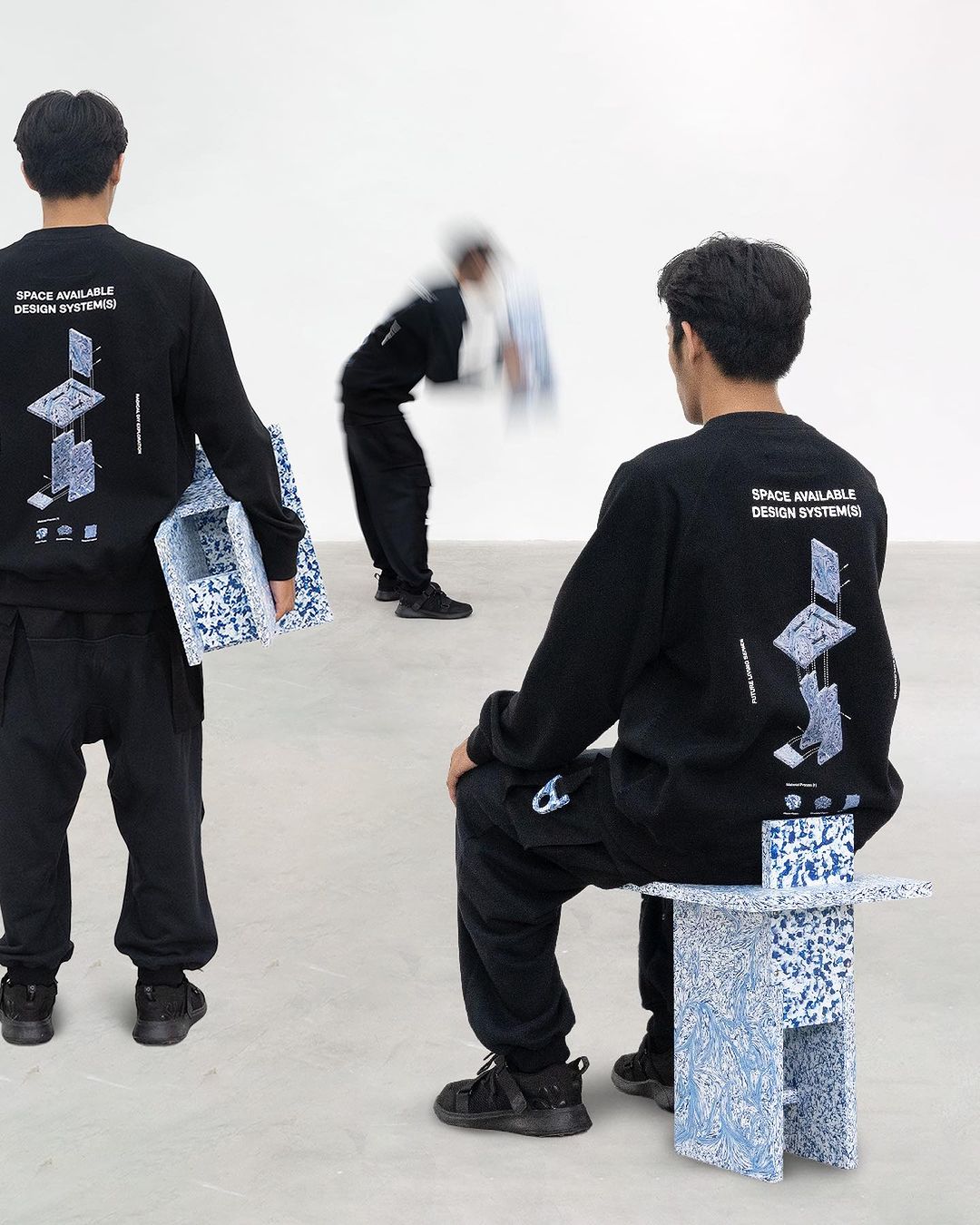
Do you have any advice for individuals looking to start their own business in the fashion or art industry?
Daniel: Surround yourself with inspiring people who share your values. Find your community and learn from them. Authenticity is crucial; stay true to your vision, even if it’s not immediately commercial. It’s important to create something that resonates with you rather than trying to please others. Your unique voice will ultimately attract the right audience.
Create something that resonates with you rather than trying to please others.
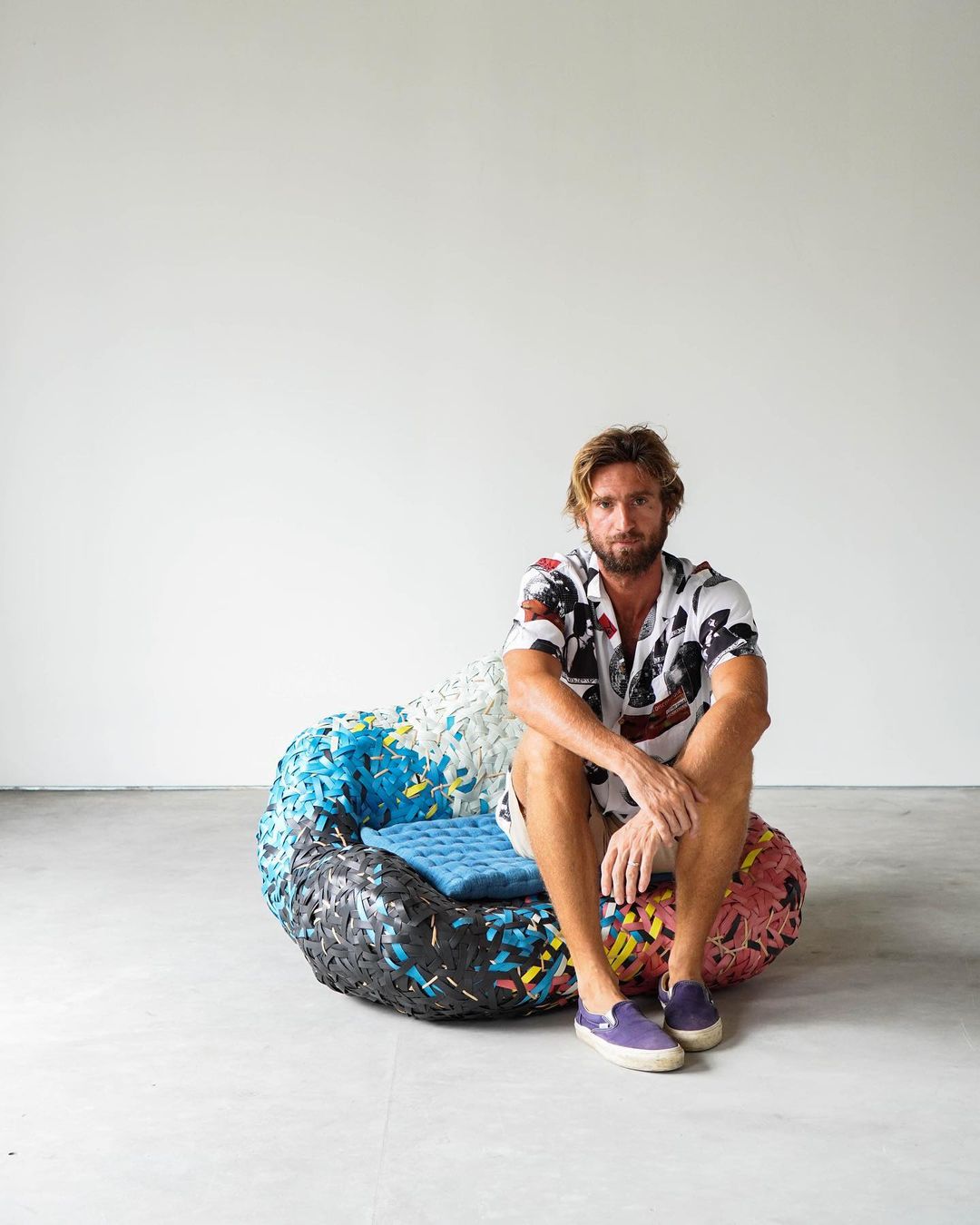
Photo by JIK EKA



